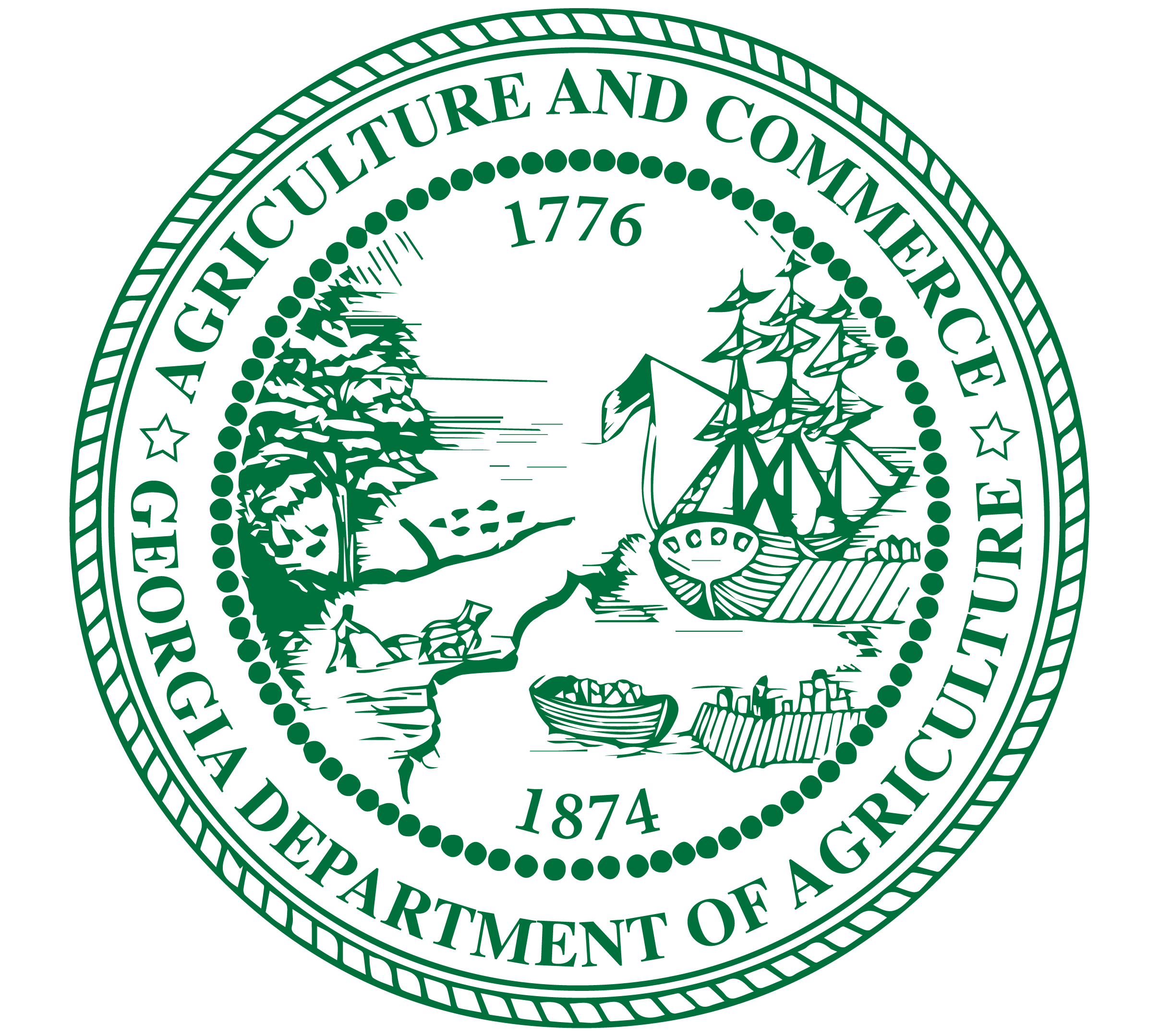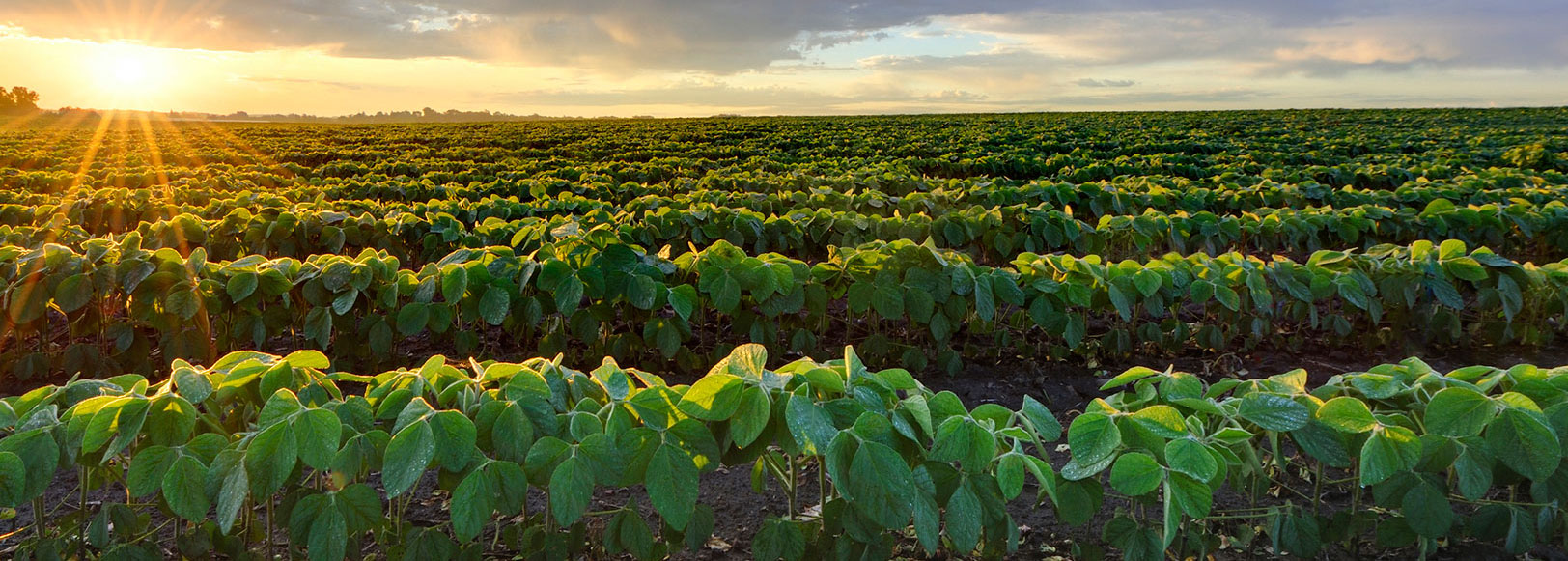
1. Where do you teach?
I teach at Northwest Laurens Elementary School in Dudley, GA.
2. What grades do you teach?
I teach kindergarten through fifth grade.
3. How long have you been an ag teacher?
This will be my fourth-year teaching ag. And before that, I taught elementary-age students. So total, this is my 17th year teaching.
4. What made you want to get involved in Ag education?
I grew up on a hobby farm, and we raised cows for beef production. And then we had horses, some chickens, and a garden of vegetables each year. My parents taught me and my siblings the importance of responsibility by involving us in daily chores on the farm. In high school, I was also actively involved in agriculture and FFA (Future Farmers of America), where I learned about the agricultural industry and more in-depth plant and animal science. So, it wasn't until later in life that I realized these things helped shape me and opened this opportunity for me in my career. So again, I realized how fortunate I was to have these opportunities and experiences and how others don't. So, why not combine my two passions, being an elementary school teacher and an agriculture teacher, allowing me to introduce those things to students at a young age? And so, after teaching for 13 years and finishing my specialist degree, I felt I was meant for something more. I just wasn't quite sure what that more was. I was thinking I was either going to go into administration or maybe be an instructional coach, but during that time, while I was trying to explore and thinking and praying about where I was going to go next, I became aware of the elementary agriculture pilot program. After talking with some people about that, I got interested in the program and thought this would be an excellent opportunity for me and our school. So, I went and spoke to the principal about this new program that was coming out, and he agreed that it would be a good fit. And so, we got started.
5. What is the most rewarding part of your job?
The most rewarding part of my job is seeing the smiles on my student's faces. If there are two things I know, kids like to move their bodies and love to get dirty. So, my ag class allows those things. It allows kids to be kids. They're outside moving or inside our classroom moving. We rarely sit down, and then we often get dirty doing something. They get so excited about learning and what we're doing in my classroom, whether it's watching chicks hatch, grinding wheat to make pancakes, pulling weeds out of the garden, or sleeping in the barn. When they're excited, that brings me joy.
6. Why are ag education programs an important part of our curriculum?
Agriculture is what makes the world go round. It's not just farmers; it's the careers that help support the farmer for him to be successful and for us to survive. So, children sometimes need help understanding what agriculture is and how it affects them.
The elementary ag education program helps to open their eyes. I have children as young as five, and it helps them understand that their food doesn't just come from Walmart. Their clothes don't appear in the department store, and their baseballs and footballs aren't just magically made in a factory and then appear in the store. Either of these are agricultural products, and without farmers, truck drivers, bankers, insurance agents, all these things, all of these people coming together and supporting that farmer, students wouldn’t have all of those things.
7. Do you have any advice for people looking to get involved in ag education?
What I hear most from people starting in the elementary program, because I know that we're different because we're all just getting started, is that they're overwhelmed and want to do it all. So, my advice is to start small. Don't look at an established elementary ag program and think you must do everything your first year. Make a three-year or five-year plan and take it one year at a time. You can easily get burned out and discouraged if you try to tackle everything at one time. Also, my best advice is to have fun.
8. What do you enjoy doing outside of work?
I enjoy spending time with my friends and family, but I especially enjoy doing that outside, near a body of water. Whether boating, fishing at the coast or the lake, or just sitting by a pool, I enjoy spending quality time in those atmospheres with my family and friends.


